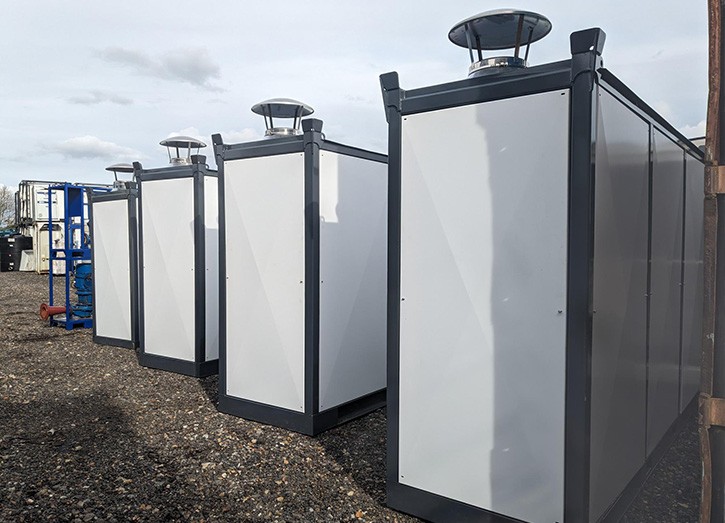Selecting the appropriate commercial boiler is a crucial decision for businesses, particularly those with substantial production demands. A boiler breakdown or inefficient system can lead to costly downtime, impacting operations. When choosing a boiler, it's essential to consider several factors, such as cost, reliability, and the specific needs of your business. Below is a detailed guide that highlights the various types of commercial boilers, frequently asked questions, and key considerations to help you make an informed choice.
Types of Commercial Boilers
Commercial boilers come in several types, each suited to different operational requirements. Understanding the advantages and limitations of each can help you make the best decision for your business needs.
1. Firetube Boilers
A firetube boiler operates by allowing hot gases from combustion to pass through tubes, transferring heat to water within a pressure vessel. Firetube boilers are typically suited for smaller industrial facilities with lower pressure requirements. These boilers are often chosen for their cost-effectiveness and simpler design, which translates to lower maintenance needs compared to watertube boilers.
Firetube boilers can be further classified by their turnaround design:
- Dry back boilers: Use refractory at the rear to redirect gases.
- Wet back boilers: Use water to surround the rear wall, improving heat retention.
Another important classification is the number of passes the gases make through the water-filled tubes. Boilers with more passes are generally more efficient, offering a higher rate of heat extraction. This design ranges from two to four passes, with each configuration providing its own set of benefits.
2. Watertube Boilers
A watertube boiler operates by circulating water through tubes heated externally by the combustion gases. These boilers are known for their ability to handle high-pressure and high-temperature operations, making them ideal for large-scale industrial applications.
Watertube boilers can be classified based on their drum and tube configuration:
- A-type: Features two mud drums on the outer sides and a single steam drum in the centre.
- O-type: Has a centrally located mud and steam drum with tubes on either side.
- D-type: Features a large bent tube configuration, with the burner located away from the centreline of the mud and steam drums.
For businesses requiring compact design and high durability, a flexible watertube boiler may be a suitable option. These boilers are designed to resist thermal shock, making them robust for demanding environments.
3. Commercial Electric Boilers
Commercial electric boilers use electricity to generate heat, as opposed to combustion. These boilers can be configured for either steam or hot water applications and offer several advantages, such as high energy efficiency, zero emissions, and excellent turndown ratios. Due to their lack of combustion, electric boilers are highly reliable and require less maintenance, making them a popular choice in businesses looking to minimise downtime and reduce environmental impact.
4. Vertical Boilers
Vertical boilers are designed with a vertical orientation, making them ideal for spaces where floor area is limited. These boilers are available in tubed or tubeless configurations and are often chosen for applications where a compact design is essential. They are particularly suited to small commercial settings with restricted spatial dimensions.
5. Condensing Boilers
Condensing boilers are highly efficient systems that recover additional energy from the flue gases by condensing water vapour within the exhaust. With efficiencies of 90% or higher, condensing boilers are increasingly favoured for both residential and small-scale commercial applications. While steam boilers may also benefit from condensing technology, they are typically less efficient in this respect due to temperature differences.
Commercial Boiler FAQs
What Are Commercial Boilers Used For?
Commercial boilers are used to heat water or produce steam for a variety of applications, such as space heating, domestic hot water, or powering industrial processes. They are common in manufacturing, hospitals, universities, and commercial office buildings.
When Should You Replace a Commercial Boiler?
A commercial boiler typically lasts between 15 and 30 years, depending on the level of maintenance and the quality of the original system. However, if your system experiences frequent boiler breakdowns, reduced efficiency, or is unable to meet the growing demands of your business, it may be time to consider replacement. Additionally, older systems may not meet current environmental standards, prompting the need for an upgrade.
How Long Does a Commercial Boiler Last?
The lifespan of a commercial boiler depends on several factors, including the type of boiler, the quality of maintenance.





